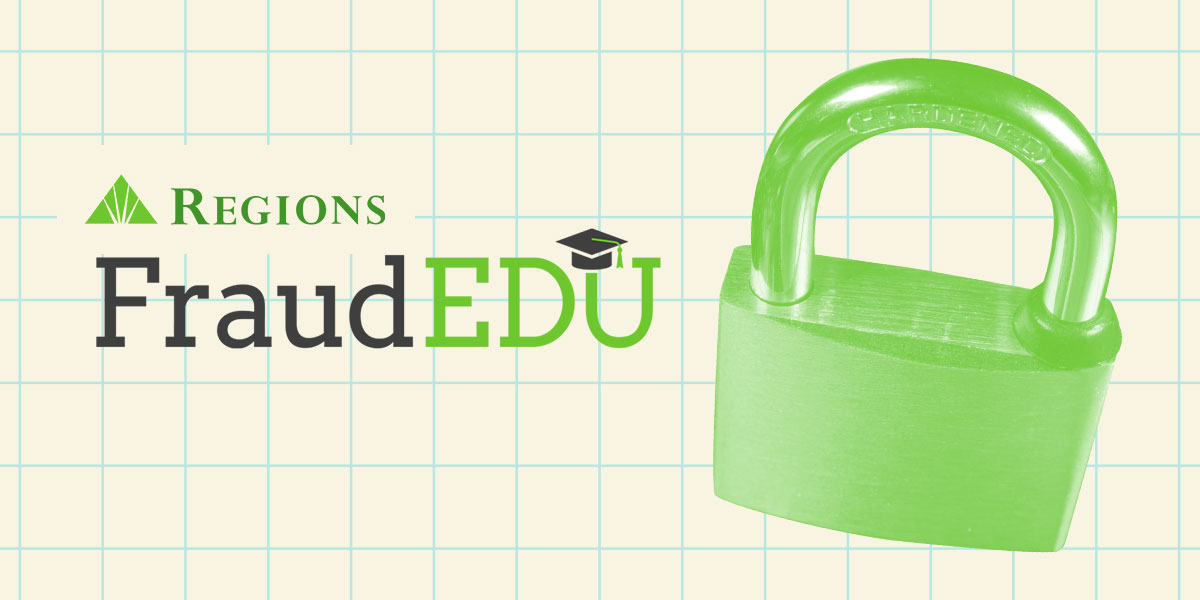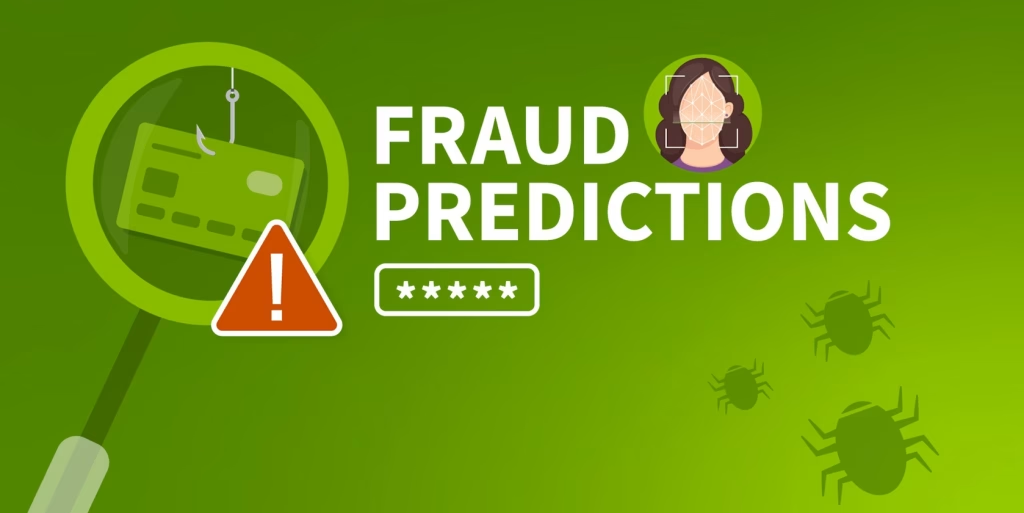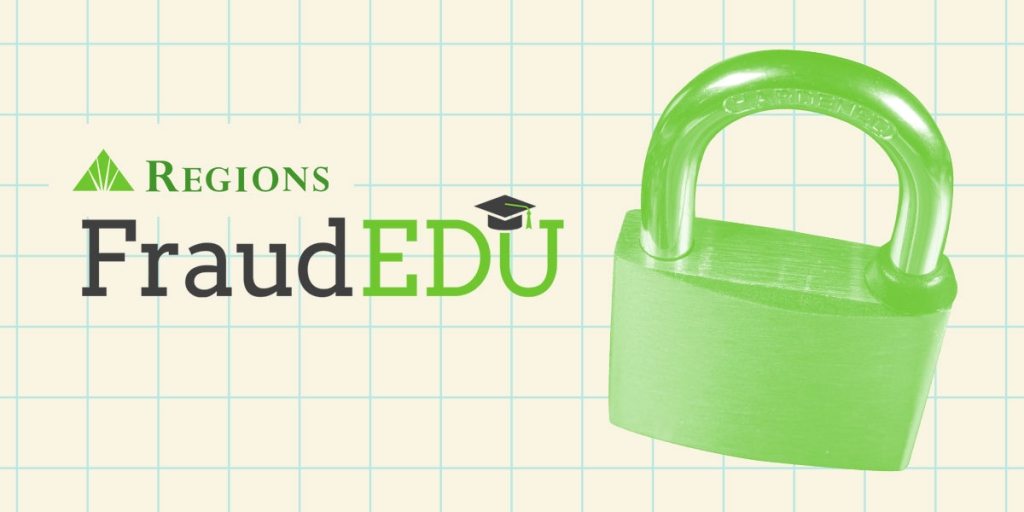You’re standing in line at the grocery store or sitting at a red light when your phone buzzes.
A new text message pops up on the screen. “URGENT: Your driver’s license has been suspended. Click here to resolve immediately.”
The text may also indicate you have an unpaid ticket or toll. It includes a case number and a link that looks official. Your heart starts racing. What did you miss? Is your license really in jeopardy? The panic sets in before you have time to think.
But here’s the truth: it’s a scam.
These fake Department of Motor Vehicles texts are flooding inboxes across the country, and they’re showing up right here in Alabama. Designed to look official and threatening, the messages are actually coming from fraudsters trying to trick you into handing over personal information, clicking malicious links, or making fake payments.
“These messages might look official, but no government agency will ask for either payment or your personal information via text,” explains Jeff Taylor, head of Commercial Fraud Forensics at Regions Bank.
The scam often plays on fear and urgency, with messages like “Final notice: your license is suspended. Click here to resolve.” And they’re not sloppy, either—many use convincing graphics and spoofed links that appear to come from real state agencies.
Reports of these DMV scams have skyrocketed—Guardio, a cybersecurity firm, tracked a 770% surge in early June alone. Many of these messages even use AI to polish the language, making them harder to spot.
DMV Text Scams – What Action Should You Take?
If you receive a suspicious text that claims to be from the DMV or another state agency, here’s what to do:
- Do not respond to the text or click any links.
- If you think the message might be real, contact your state’s DMV directly—but only through a verified website or official phone number. Never call the number included in the suspicious message.
- Forward the text to 7726 (SPAM) to help your wireless provider flag and block similar messages.
- Use your phone’s messaging app to report the text as junk or spam.
- Report the scam to the Federal Trade Commission at reportfraud.ftc.gov and/or the FBI’s Internet Crime Complaint Center at ic3.gov.
“These criminals rely on fear and urgency,” Jeff Taylor says. “But slowing down, verifying the information, and reporting the message can protect you—and others—from becoming the next victim.”
Stay Aware, Stay Safe
Whether it’s your license, your bank account, or your peace of mind—scammers are after more than just attention. In Alabama and beyond, raising awareness is the first step to stopping the fraud. If a text doesn’t feel right, trust your instincts—and don’t click.
“Scammers want you to act before you think,” Taylor warns. “That’s how they steal your money—and your identity.”
State agencies, including the Alabama Law Enforcement Agency, do not send payment requests or legal warnings via text. Any legitimate messages are limited to appointment reminders or basic notifications, never financial demands.
If you’re unsure, don’t respond to the message. Instead, go directly to your DMV’s official website or call them using a verified number.
The bottom line: If a text tells you your license is suspended, pause before you panic. It’s not just spam—it could be a scam targeting your identity and your wallet.










